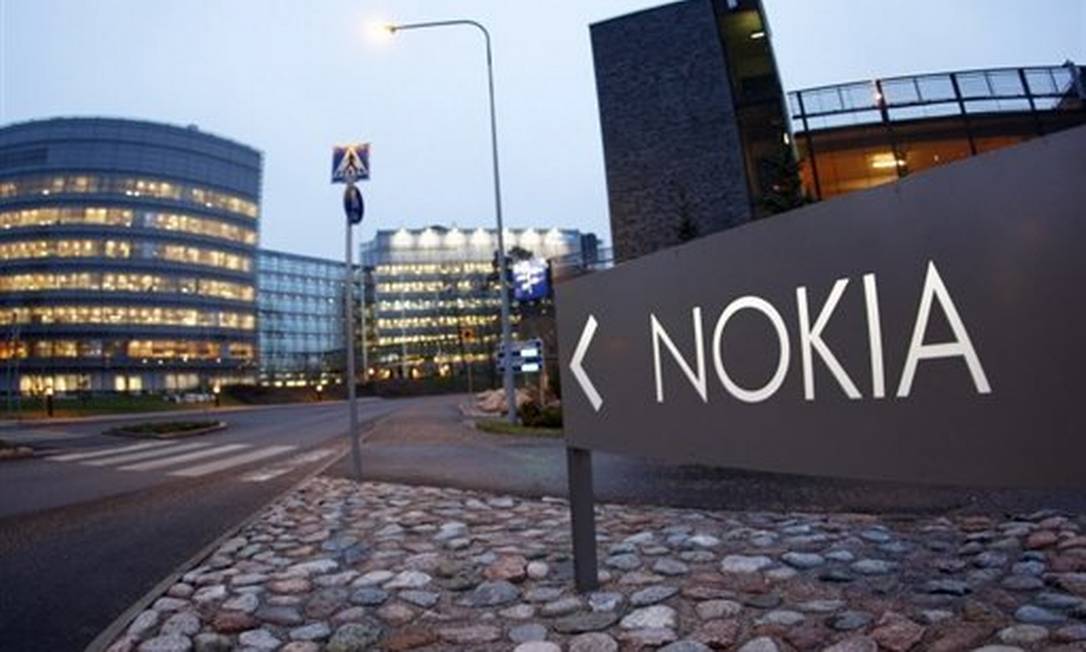MICROSOFT

It's been a decade since Microsoft made one of the most disastrous acquisitions in tech history – buying Nokia's struggling phone business for a whopping $7.2 billion. The deal was supposed to help Microsoft gain a foothold in the rapidly growing smartphone market dominated by Apple's iOS and Google's Android. Instead, it ended up being an epic failure that the Redmond firm ultimately wrote off as a massive tax loss.
The story begins around 2010 when Nokia, once a titan of the mobile phone industry, was failing to keep up with its Silicon Valley rivals. The Finnish company had pioneered many mobile technologies but was late to the smartphone game. Its antiquated Symbian operating system was no match for the slick iOS and Android software powering iPhones and the latest Android devices.
In what seemed like a desperate move, Nokia's board replaced its Finnish CEO with Stephen Elop, a Canadian executive from Microsoft. Almost immediately, Elop made the decision to ditch Symbian and stake Nokia's future on Microsoft's Windows Phone platform. Now, things weren't really going well for Symbian – it was notoriously difficult to code for. But Nokia's fatal mistake was not going for Android, or perhaps ditching the open-source effort, 'Maemo.'
Still, there was logic in the rationale, too; Nokia had global hardware distribution and Microsoft could provide the software. But there was one fatal flaw – Windows Phone was widely panned as a lackluster also-ran operating system that did not seem very lucrative to app developers. Why go through the trouble of developing for a third platform when iOS and Android were already doing so well?
By 2013, Microsoft decided to buy Nokia's handset business outright, while granting the remaining Nokia company extensive patent rights. The $7.2 billion price tag gave Nokia a cash infusion but was seen by many as an overpay by Microsoft for an asset that was rapidly becoming obsolete.
mundophone

No comments:
Post a Comment